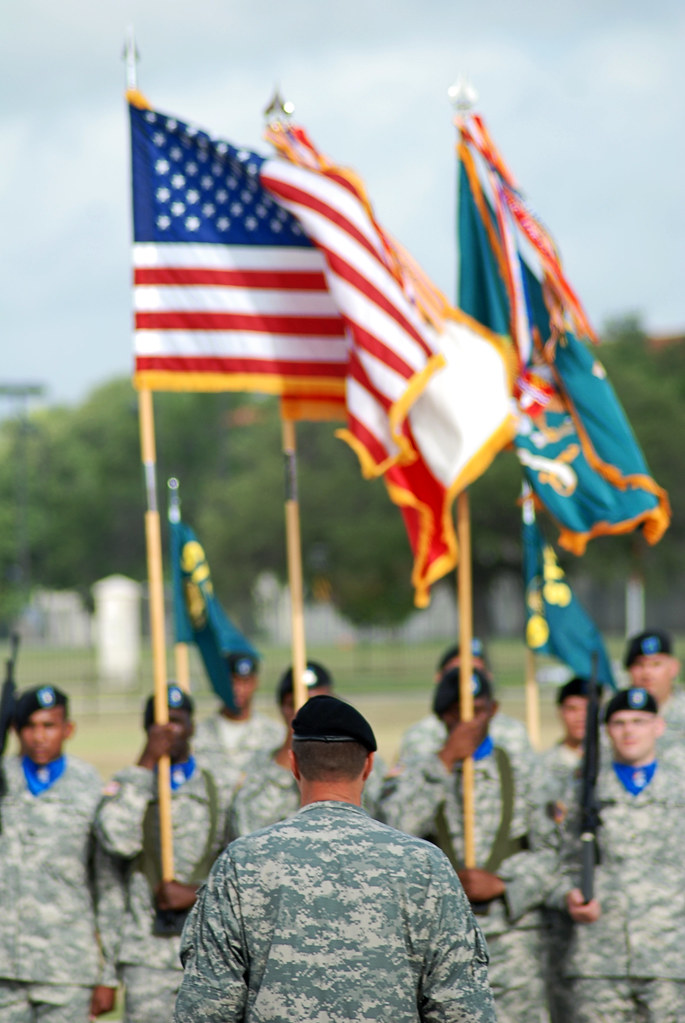The fall semester is officially behind us - the students have left for break, and I have submitted my grades.
In my course HMP 721, Management of a Healthcare Organization, I tried to continue my experiment with open pedagogy. I was not able to go to full open ped in this course, but I did introduce some elements of open ped, in particular the renewable assignment.
What is a "renewable assignment"?
“A Disposable Assignment is any assignment about which students and faculty understand the following:More here.
- Students will do the work
- Faculty will grade the work
A Renewable Assignment is any assignment where:
- Students will throw away the work
- Students will do the work
- Faculty will grade the work
- The work is inherently valuable to someone beyond the class
One form that renewable assignments might take is in the form of books and textbooks.
- The work is openly published so those other people can find and use (5R) it”
I first learned about this concept from Robin DeRosa at UNH's sister school at Plymouth State University.
I call this "the renewable assignment - part 2" because I first tried this concept with my students last semester in HMP 722, an organizational behavior and leadership in healthcare organizations course. The students wrote a primer on organizational behavior. More about that effort here.
This semester the students wrote a primer on the management of healthcare organizations. In line with the course, the primer is more about functional divisions within healthcare organizations, rather than management and leadership, though there is some of that. This first iteration consists of 13 chapters on different topics. Next year's class will inherit their text book and develop it further - revising and adding to the original - thus making it both a resource for the next class as well as a baseline for the next class's assignment.
You can view the primer here:
https://docs.google.com/document/d/1d008oMRP5X0P46lkHwRNkxYGFDG1e5oito-0Ne2JdUU/edit?usp=sharing
I think what they have done is quite impressive, remembering this was a self-managed group of almost 50 students (juniors and seniors) who put this product together. What will be exciting is seeing what happens next year.
I would be pleased to share more about this process if you are interested. Just leave me a comment or message me directly.







